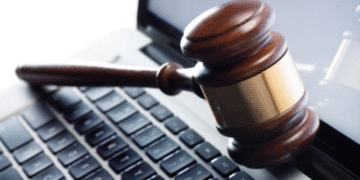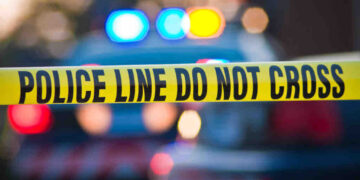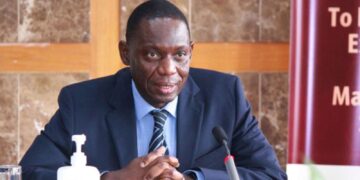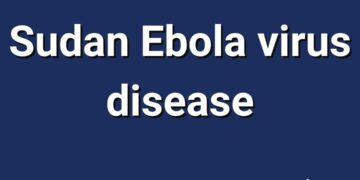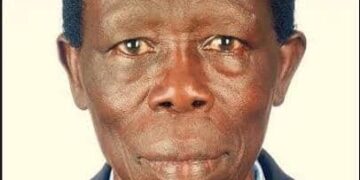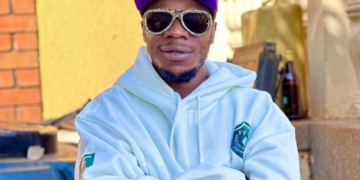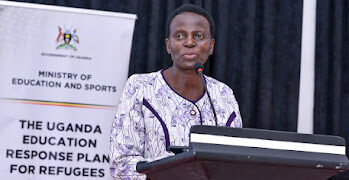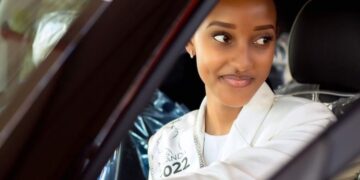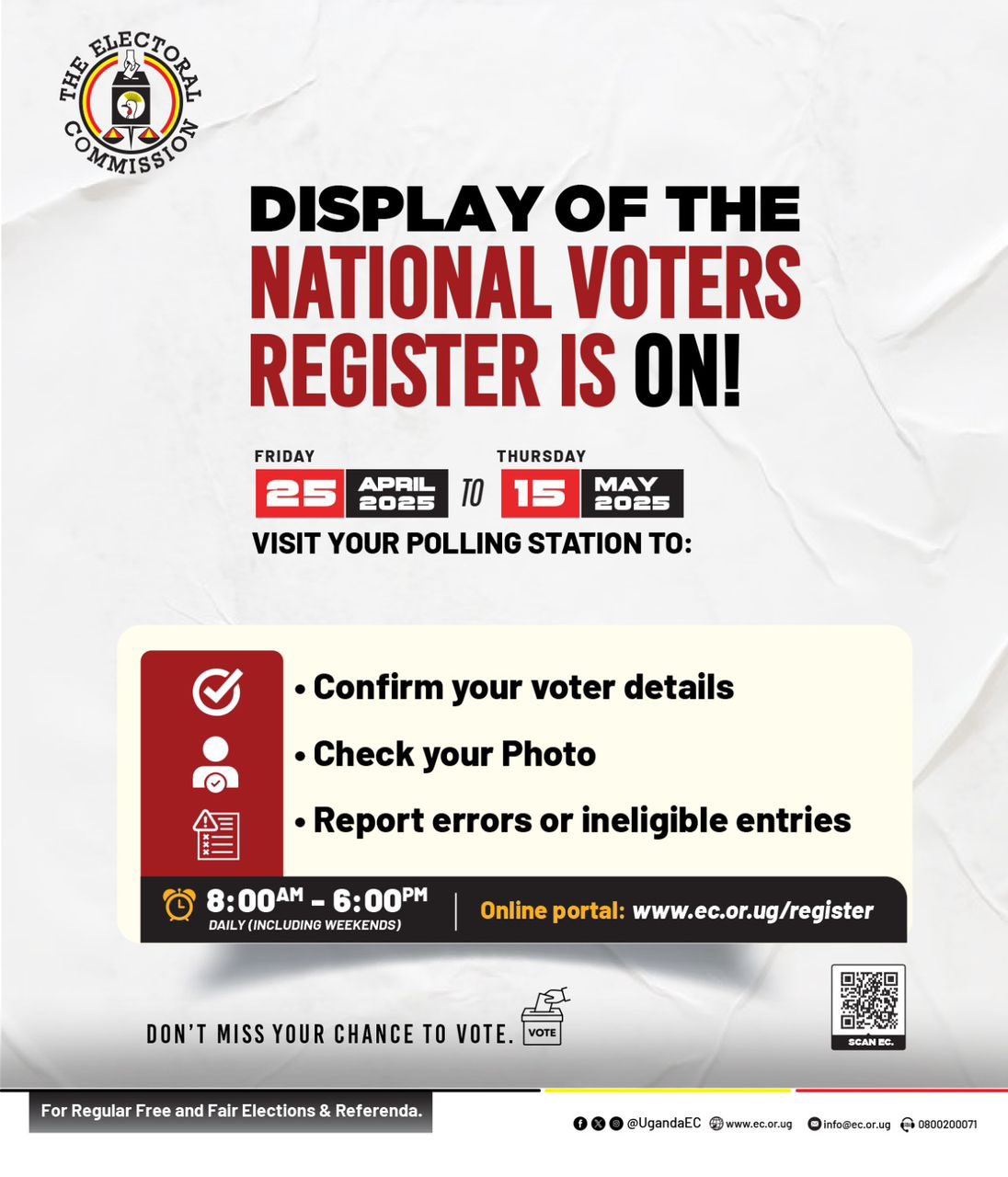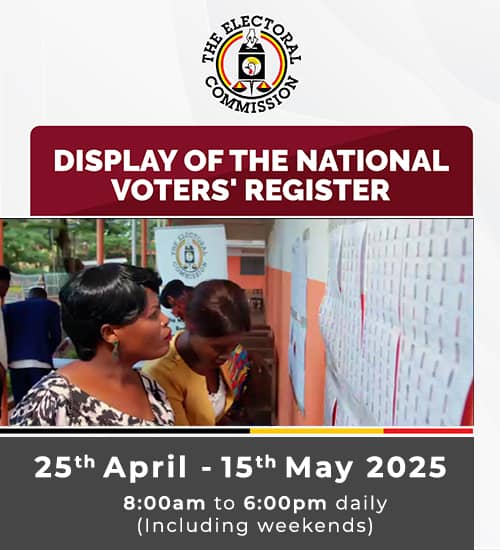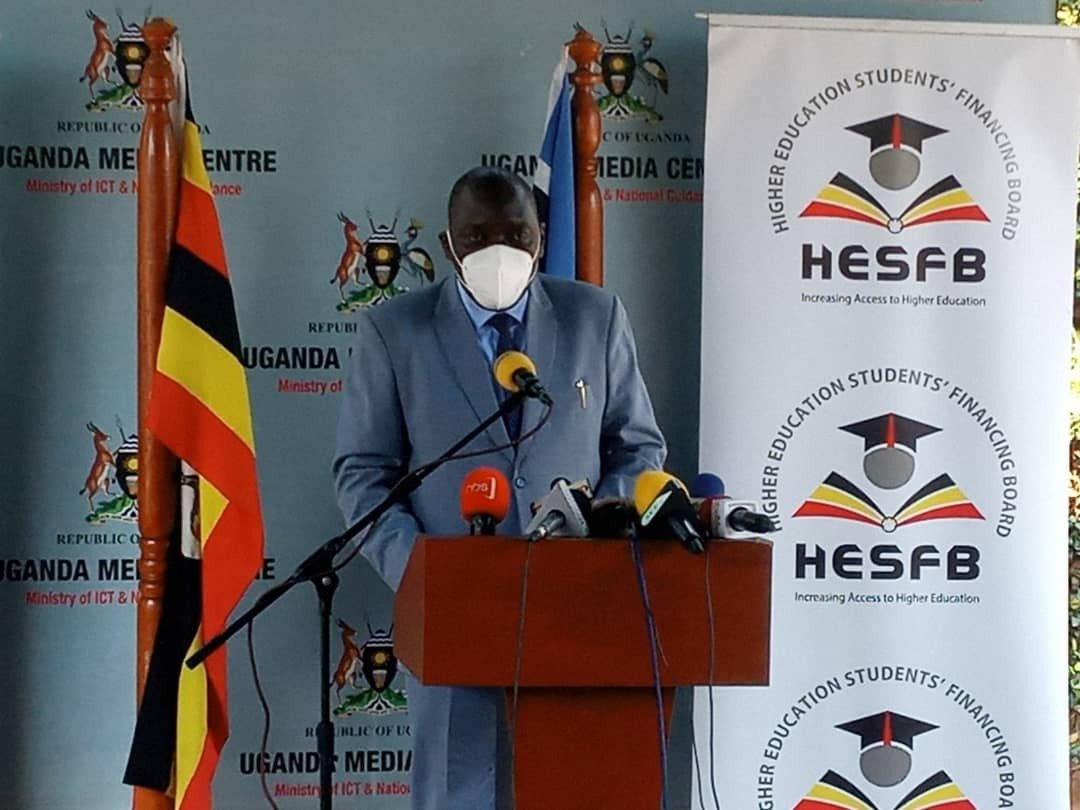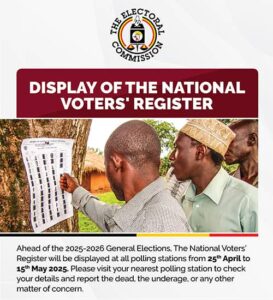By Georgine Obwana
A bullet released from a gun chamber rips through the body with devastating consequences especially when the target is the head. The effects of a gunshot are greatly inconceivable. But breast cancer is not a bullet much as the news about it is also devastating, scary and shocking to patients diagnosed with it. The feeling of ‘I may not make it’ is inevitable. Then, hopelessness, fear, uncertainty and misperception finds fertile ground to settle in. The whole treatment journey is exceptionally challenging, exhausting yet chastening at the same time.
Speaking about breast cancer has time and again made our human component lost in an ocean of statistics and studies, often making us forget to realize how important it is to share real life stories of survivors who have been affected by a disease that is distressing millions of people. It is inspiring and humbling to hear from bold, generous individuals who are willing to open up and share their honest versions of perseverance, survival, compassion, joy and strength on how cancer has impacted their lives.
October is Breast Cancer Awareness Month (BCAM); an annual global campaign aimed at raising awareness about the impact of breast cancer. It is key the public understands and appreciates what cancer is. It’s effect on life’s trajectory. For persons distraught by the disease, it is crucial that they learn the significance of acceptance, slowing down and seeing things for what they are, caring more about the purpose of life, being in the moment of transition, as well as appreciating the emotional knowledge one gains although this is very tricky.
This year’s BCAM theme focuses on “buddying up with one another because no one should fight cancer alone”. Patients ‘can’t do the cancer thing’ alone, they need to let people in as a support system. This helps them as well as those closest to them, go through it together. The more patients shut people out, the harder it is for all to conquer the battle against cancer.
COVID-19 pandemic and its seclusion has also created upheaval for many cancer patients illuminating a lot to be desired. What is happening and I believe continues to happen is that certain mammograms are often misdiagnosed contributing to drug resistance. We also shouldn’t quickly forget that breast cancer awareness and advocacy needs to erase gender from the discussion. It’s important for the public to know that any gender can suffer from breast cancer.
As for patients, preparing yourself for how others will react to your diagnosis is key. Set boundaries where you feel you need space as you be mindful of those who want to become your ‘doctor’. Lately everybody has a doctorate degree on the internet and they ooze with all sorts of information. Always remember to do what feels good. Never blame yourself, anybody else, or even your own body because it didn’t do anything wrong.
Many people think of breast cancer as an inherited disease. But only about 5–10% of breast cancers are believed to be hereditary, meaning they’re caused by abnormal changes (or mutations) in certain genes passed from parent to child. The vast majority of people who get breast cancer have no family history, suggesting that other factors must be at work, such as environment and lifestyle.
Proper nutrition is key for breast cancer prevention. Practicing healthy dietary patterns comprising vegetables, fruits, protein etc coupled with physical activity helps the body build strong immunity to fight cancer attacks. Studies show that maintaining a healthy weight and limiting alcohol consumption are behaviors that can help lower breast cancer risk but they can’t guarantee you’ll never get the disease. It’s still important to get regular screenings, perform breast self-exams, and pay attention to any unusual changes in your breasts.
If you’re not living life on the edge, you’re taking too much space. Take it in mind that sometimes cancer returns, sometimes it doesn’t, so whereas you have survived it and have the time to be here, kindly ride this life until the wheels come off. Breast Cancer is not a dislodged bullet from a gun’s chamber. It can be reversed. It can be conquered -and the time to act is now.
The writer is the Program Officer -Civil Society Alliance for Nutrition Uganda (CISANU)














